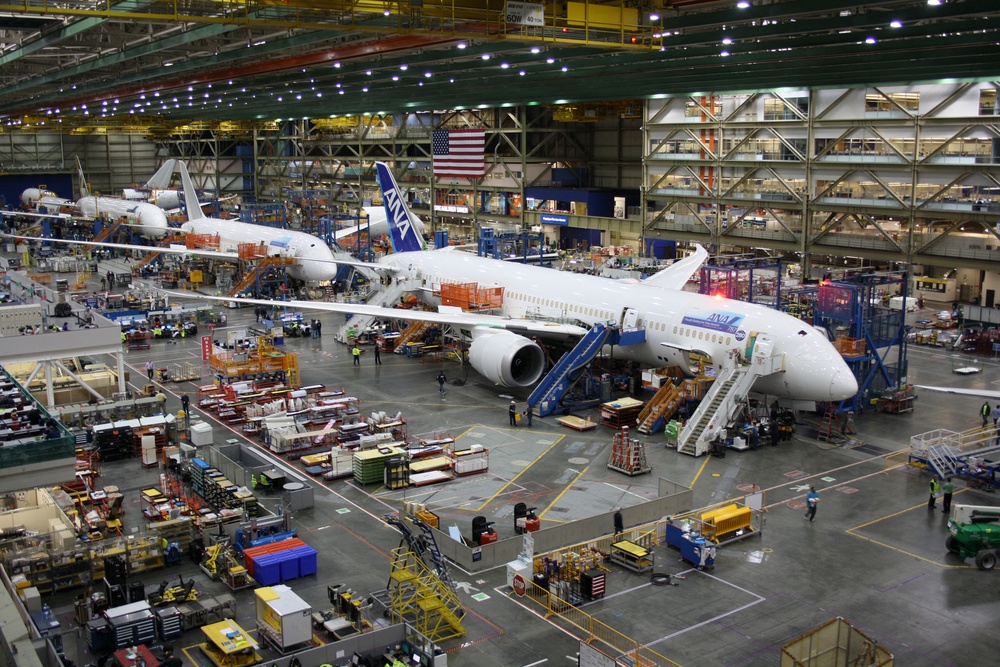Flying High: Boeing Shares Soar 6.5% as Company Reveals Record $100 Billion in Sales in 2018

| Source: Shutterstock
Shares of aviation giant Boeing Co. surged on January 30, after the aerospace contractor reported that its earnings and profits for the fourth quarter of 2018 were significantly higher than expectations of Wall Street analysts. Amongst other things, this report provided a rather upbeat outlook for the 2019 financial year.
According to the company’s reported earnings , net income grew to $3.42 billion, up from the $3.32 billion that was reported the previous year. Also, adjusted earnings per share rose from $5.07 to $5.48. The company’s revenues for the quarter stood at $28.34 billion as well, significantly beating the $1 billion that was expected.
Record Earnings, Record Deliveries, and 2019 Forecasts
However, while the results were generally positive, the most significant news from Boeing’s camp came in the revenue section. The company reported $101 billion in annual revenues for 2018, which marks the very first time that it would be crossing the $100 billion mark.
Boeing’s fleet of commercial airplanes delivered 806 aircraft in 2018, a record number which fell just four units shy of its forecast. For 2019, the company is looking to significantly exceed that number, with forecasted deliveries between 895 and 905 aircraft for 2019.
Dennis Muilenburg, Chairman, and CEO of Boeing, attributed the positive results for 2018 to Boeing’s efforts to provide a unified front for the company, as it invested $35 billion in “key strategic areas” in the last half-decade.
https://twitter.com/FINANCEPartners/status/1090688646401929216
Muilenburg credited the One Boeing initiative, saying that it made it a more cohesive organization, giving the company “confidence for continued strong performance, revenue expansion and solid execution across all three businesses.”
Boeing shares are being tipped by analysts to continue their strong performance in 2019, with a high percentage of them rating it as a Buy. Forecasts for 2019 were also generally strong, as Boeing expects to make earnings between $19 and $20 a share.
Diversification As a Key Growth Catalyst
However, for investors, a major part of the Boeing question is about the way the company can implement diversification efforts, especially considering this service and parts operations.
Boeing is looking to diversify from the conventional, large equipment and get a foothold in the commercial aerospace industry, as evidenced by its $4.25 billion acquisition of parts distributor KLX Aerospace Solutions in October 2018. Investors are hoping that more deals like this will help bolster the company’s earnings and push for more growth, both for Boeing and the entire aerospace industry.